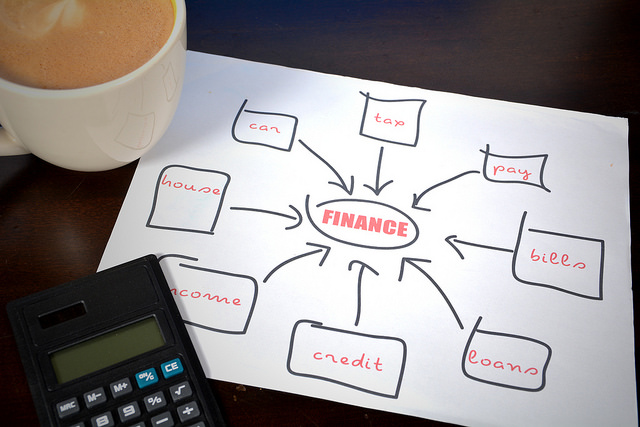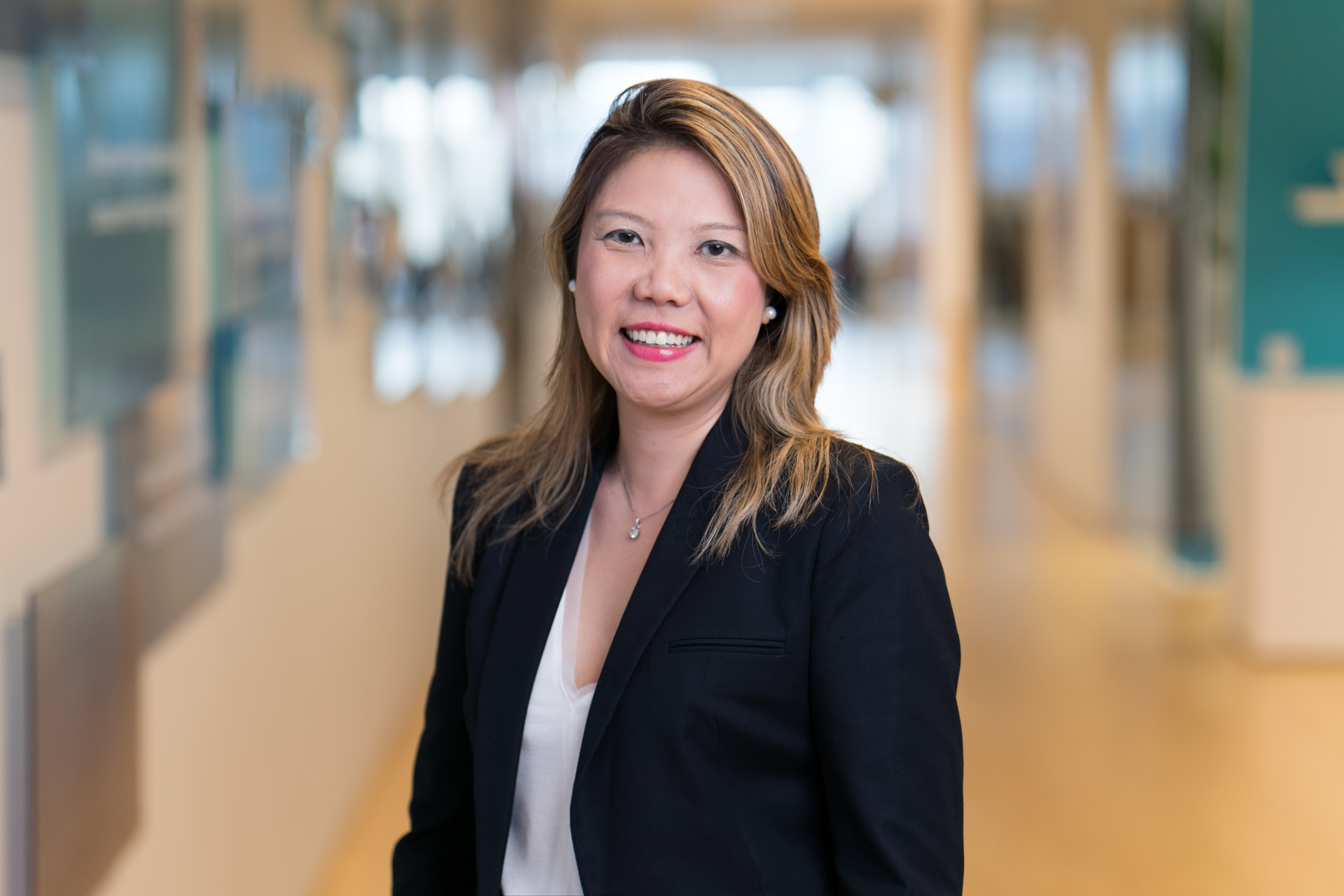According to the Merriam-Webster dictionary, frugality is characterized by being careful in the usage of one’s resources. Those who are frugal are unwilling to lavishly enjoy the fruits of their labor. It may come as a surprise to you to know that the word frugal derives from the Latin term “frux”, meaning “fruit” or “value”.
In Behavioral Science, frugality is defined as the resourceful use of already economic goods and services to achieve a long-term goal. If you are keen to adapt this multi-dimensional consumer lifestyle trait in order to save money during the pandemic, you may read the list below to see how many frugal choices you have been doing.
#1: YOU CREATE A GROCERY LIST AND STICK TO IT
Instead of grabbing whatever attracts your eye at the counter, you prefer to create a grocery list and stick to it. It is easy to increase awareness when it comes to your grocery spending when you plan ahead. It may be challenging at first and you may forget several items, but you will find yourself becoming more intentional with your listings as time passes by.
The grocery list is essential because frugal people plan their meals and frequently eat at home. You may avoid the temptation of dropping by a fast food chain by keeping a container of snacks in your bag or in your car. Calm your rumbling tummy as you travel back home.
#2: YOU DO NOT CARRY CREDIT CARD BALANCES
Frugal people are not dictated by their credit card purchases. While some have the discipline to pay off their credit cards every month in full, others choose to stay away from these entirely.
Self-awareness and control play play huge roles in a person’s success with credit cards. If you have been in debt for years, consider to cut down on your credit card spending and pay them off once and for all.
#3: YOU DO NOT COMPROMISE YOUR HEALTH
Being frugal does not mean that you will only invest on cheaper alternatives and low-quality food items. Many frugal people choose to eat healthier greens and legumes and keep meat to a minimum. Frugality does not compromise health to save money. Frugal people have strategically plan their meals and have invested on insurance plans that will benefit them in the future.
#4: YOU DO NOT WASTE FOOD
Frugality entails that you use what you have until you need to replenish it. Frugal people eat leftovers until they are non-consumable or inedible. Eating your leftovers also cuts down on your food expenses and environmental waste.
You may create new meals from your leftover food. For instance, your leftover chicken can be shredded and turned into chicken sandwich. While, leftover rice can be used for your egg fried rice. Just ask Uncle Roger!
#5: YOU LEARN FROM YOUR MISTAKES
Frugal people are not perfect. No one is. Frugal people make financial mistakes and learn from it. You may have spent too much on your holiday shopping last year or caved in to your monthly food cravings.
It is important to be aware of these financial mistakes. If going over budget becomes a habit, you need to re-evaluate your spending patterns and your budget.
#6: YOU KEEP TRACK OF YOUR BILLS
Frugal people look for ways to save money by keeping track of their bills. Other than eliminating unnecessary plans or subscriptions, you may find it easier to pay off your dues through auto-pay programs.
Search through the profiles of your service providers and ask if they have automatic payment schemes. For instance, some telecommunication plans offer automatic payment schemes through online banking. This way, you will be able to save on time and avoid paying late fees.
#7: YOU NEGOTIATE ON A PRODUCT OR A SERVICE
Frugal people love to negotiate to get a good deal. Whether they are purchasing a gadget or an appliance, they excel in the art of negotiation or spotting the best deal. They do not shy away from purchasing second-hand or pre-loved items to get a good deal. And, they certainly do not want to spend S$85 on a cup of coffee.
#8: YOU COMPARE PRICES FIRST
In order to save more money, frugal people tend to search high and low for the best prices and free upgrades. Helpful price comparison apps and websites have flooded the market these days. Some popular price comparison websites in Singapore include pricepanda.com.sg and iprice.sg. Use these tools to help you decide on an item, before adding it to the cart.
#9: YOU SHOP OUT OF NEED
Making shopping a hobby can cause a significant hole on your wallet. Frugal people shop out of need and save money whenever they can. Finding an inexpensive hobby is easy, when you are open to the possibilities. I, myself, am learning how to play a new instrument. I have picked up a Kalimba (Thumb Piano) online for a little over 20 dollars. This inexpensive instrument has provided countless hours of entertainment for me and my family. Now, my entire house knows how to play the Kalimba.
#10: YOU DO NOT SHOP BASED ON YOUR EMOTIONS
Shopping based on your mood may lead to buyer’s remorse and impulse purchases. Frugal people can get into emotional circumstances too, but they usually are not emotional spenders.
You can be the most disciplined person under normal circumstances, but be heavily impacted with unfortunate circumstances. We are not exempted from the effects of the global pandemic. When this happens, you have the choice to throw all the structure out of the window or to slow down and examine possible solutions.
#11: YOU CONTINUE LEARNING
Personal development is important across all fields. Frugal people continue to learn from others and their own financial mistakes. It is beneficial to listen to educational audiobooks and enroll to (free or paid) online classes to boost your professional and personal growth. You may browse through the free courses by Google Digital Garage to start growing and learning.

Image Credits: unsplash.com










